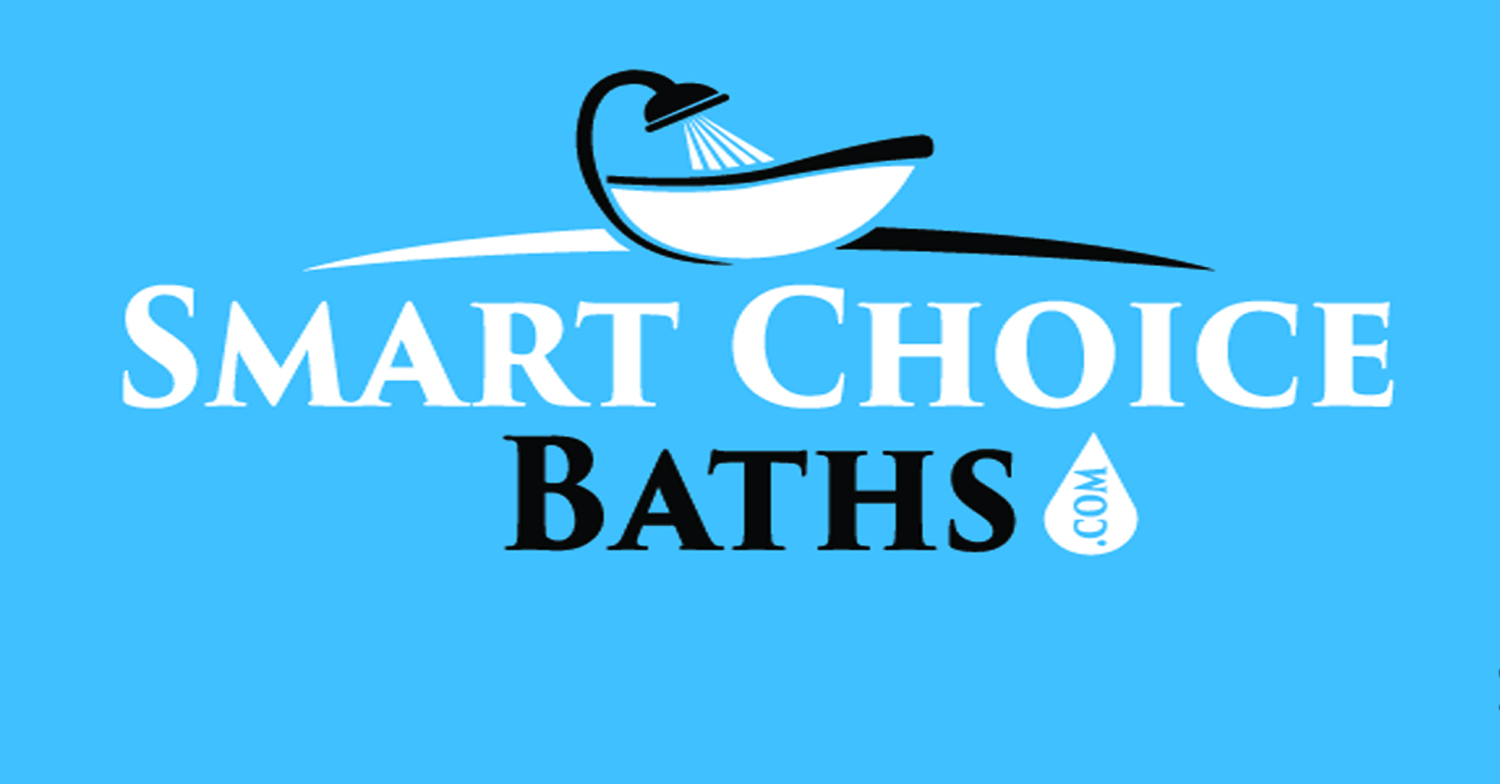North Royalton Voters will have an opportunity in November to decide if they would like to make a change to the city’s charter and to two changes to the state’s constitution. The charter change would not only increase the term of Ward Council Representatives from two to four years, but, could potentially increase the actual term from its current twelve-year limit. The state constitutional changes address reproductive health and legalized marijuana.
The proposed city charter amendment would allow Ward Council Representatives to serve four-year terms, instead of the current two-year terms. Currently, the North Royalton City Charter states that “each Ward Councilperson is to serve for a term of two (2) years commencing with the November election of 1979 and every two (2) years thereafter. No person elected Ward Councilperson shall hold the office for a period longer than six (6) consecutive terms or more than twelve (12) consecutive years, unless one (1) full term or more has elapsed since that person last held the position of Ward Councilperson.” If passed in November, some current members of the North Royalton City Council could potentially increase their term limit from twelve years to eighteen years, if they win in the next two Council elections. Currently, three members of City Council have already served two terms and two have served one term. This extension applies to only Ward Council members.
The proposed charter amendment will read as follows on the November 7 ballot:
Issue 57
Proposed Charter Amendment
City of North Royalton
A majority affirmative vote is necessary for passage.
Shall Article III Subsection © of the Charter of the City of North Royalton be amended to provide that beginning with the November General Election of 2025, each Ward Councilperson shall be elected to serve for a term of four (4) years, commencing January 1, 2026 and every four (4) years thereafter; and to provide that no person elected Ward Councilperson shall hold office for more than three (3) consecutive terms; and that Council service prior to January 1, 2026 shall not be counted for purposes of these term limits?
In addition, voters will see two Ohio Constitutional issues in November:
Issue 1
A Self-Executing Amendment Relating to Abortion and Other Reproductive Decisions
Proposed Constitutional Amendment
Proposed by Initiative Petition
To enact Section 22 of Article I of the Constitution of the State of Ohio
A majority yes vote is necessary for the amendment to pass.
The proposed amendment would:
• Establish in the Constitution of the State of Ohio an individual right to one’s own reproductive medical treatment, including but not limited to abortion;
• Create legal protections for any person or entity that assists a person with receiving reproductive medical treatment, including but not limited to abortion
• Prohibit the citizens of the State of Ohio from directly or indirectly burdening, penalizing, or prohibiting abortion before an unborn child is determined to be viable, unless the State demonstrates that it is using the least restrictive means;
• Grant a pregnant woman’s treating physician the authority to determine, on a case-by-case basis, whether an unborn child is viable;
• Only allow the citizens of the State of Ohio to prohibit an abortion after an unborn child is determined by a pregnant woman’s treating physician to be viable and only if the physician does not consider the abortion necessary to protect the pregnant woman’s life or health; and
• Always allow an unborn child to be aborted at any stage of pregnancy, regardless of viability if, in the treating physician’s determination, the abortion is necessary to protect the pregnant woman’s life or health.
If passed, the amendment will become effective 30 days after the election.
Issue 2
To Commercialize, Regulate, Legalize, and Tax the Adult Use of Cannabis
Proposed Law proposed by Initiative Petition
To enact Chapter 3780 of the Ohio Revised Code
A majority yes vote is necessary for the law to pass.
To enact Chapter 3780 of the Ohio Revised Code, which would:
• Define adult use cannabis to mean marijuana as defined in Section 3719.01 of the Revised Code and establish the Division of Cannabis Control (the “Division”) within the Department of Commerce;
• Authorize the Division to regulate, investigate, and penalize adult use cannabis operators, adult use testing laboratories, and individuals required to be licensed;
• Legalize and regulate the cultivation, processing, sale, purchase, possession, home grow, and use of cannabis by adults at least twenty-one years of age;
• Create additional protections for individuals who engage in permitted adult use cannabis conduct;
• Establish the cannabis social equity and jobs program and require the Department of Development to certify program applicants based on social and economic disadvantage;
• Define “social disadvantage” to include membership in a racial or ethnic minority group, disability status, gender, or long-term residence in an area of high unemployment;
• Shield certain confidential information from disclosure to the public, including but not limited to any information reported to or collected by the Division that identifies or would tend to identify any adult use cannabis consumer and prohibit the Department of Development from releasing certain application information as public records;
• Require the Division to provide preferential treatment to applicants who have qualified for the cannabis social equity and jobs program based on social disadvantage when issuing level III adult use cannabis cultivator licenses and dispensary licenses;
• Prohibit certain local government entities from limiting specific research, levying a tax, or charge on adult use operations, their owner, or their property not generally charged on other business, and prohibit certain local government entities from prohibiting or limiting adult use cannabis home grow or prohibiting or restricting an activity authorized by the proposed law;
• Authorize a landlord or an employer to prohibit the adult use of cannabis in certain circumstances, and prohibit the operation of a motor vehicle while using or under the influence of adult use cannabis and from using any other combustible adult use cannabis while a passenger in a motor vehicle;
• Limit criminal liability for certain financial institutions that provide financial services to any lawful adult use cannabis operator or testing laboratory licensed under the proposed law;
• Require the Division to enter into an agreement with the Department of Mental Health and Addiction Services to create a program for cannabis addiction services;
• Provide for the creation of five funds in the state treasury: the adult use tax fund; the cannabis social equity and jobs fund; the host community cannabis fund; the substance abuse and addiction fund; and the division of cannabis control and tax commissioner fund; and
• Provide for taxation of 10 percent on the sale of adult use cannabis by dispensaries in addition to usual sales taxes and require that all monies collected from the 10 percent tax levied to be deposited into the adult use tax fund and quarterly distributed as follows: 36 percent to the cannabis social equity and jobs fund; 36 percent to the host community cannabis facilities fund; 25 percent to the substance abuse and addiction fund; and three percent to the division of cannabis control and tax commission fund. If passed, the law will become effective 30 days after the election.
By GLORIA PLEVA KACIK
Contributing Writer














